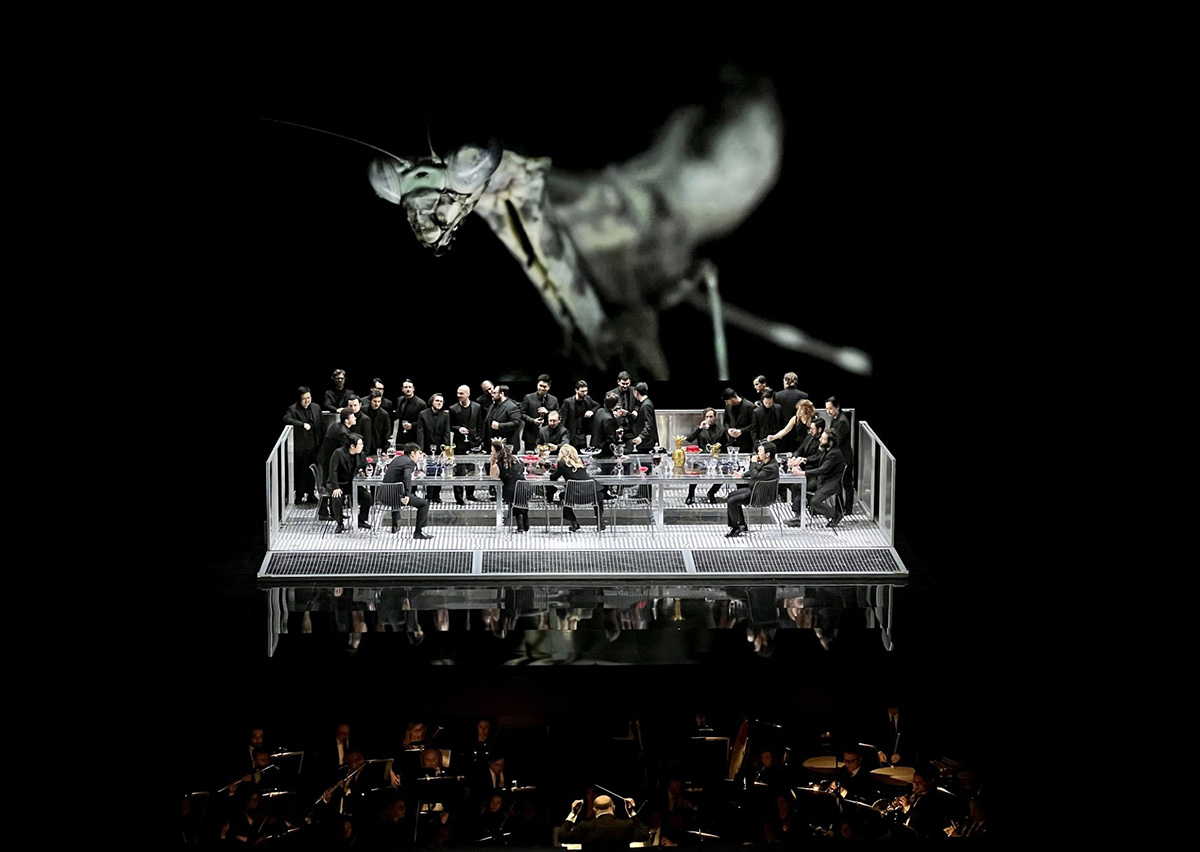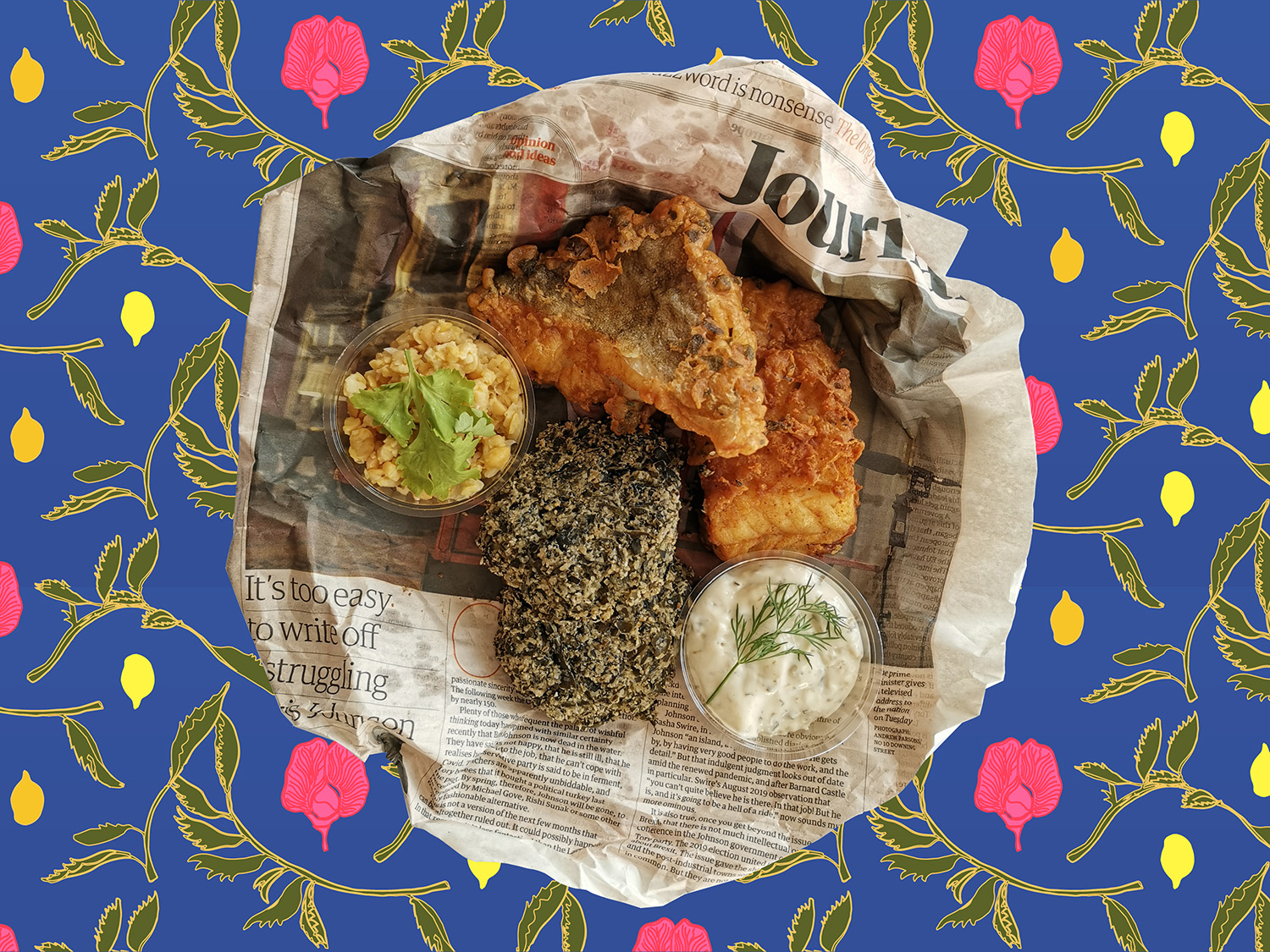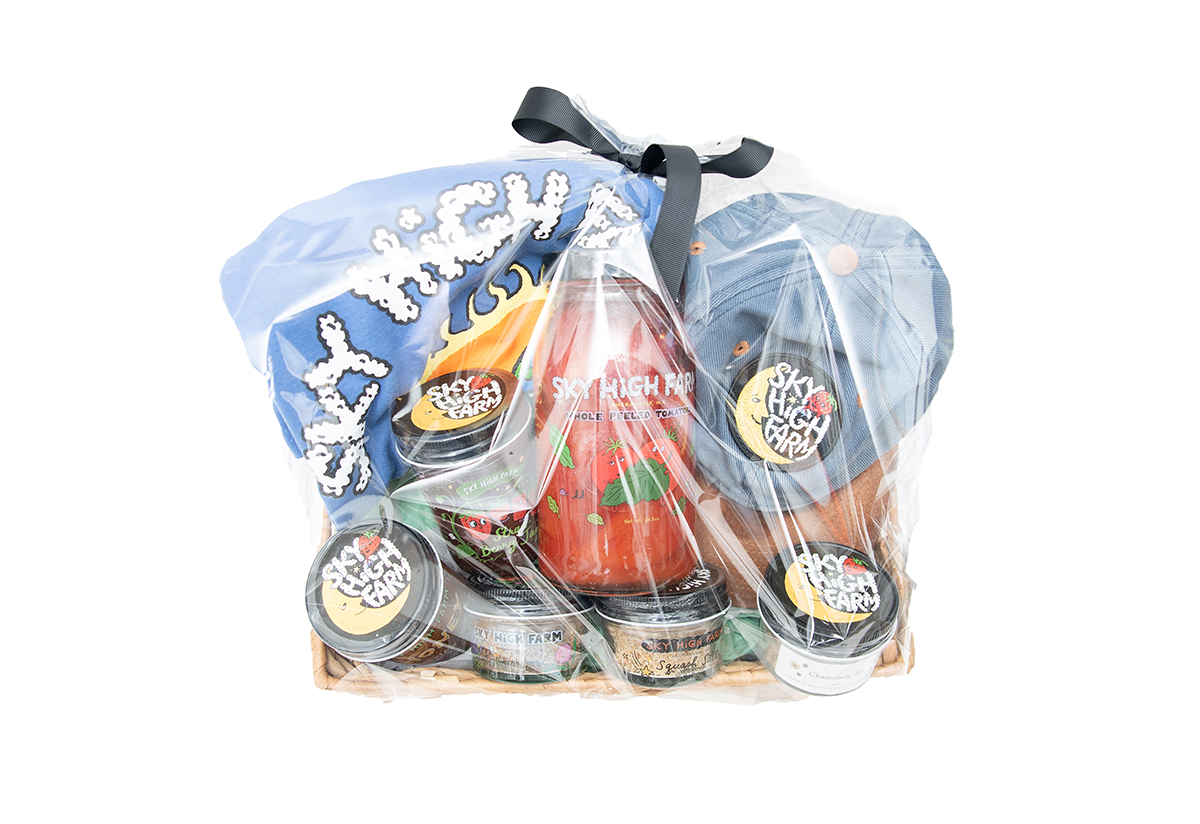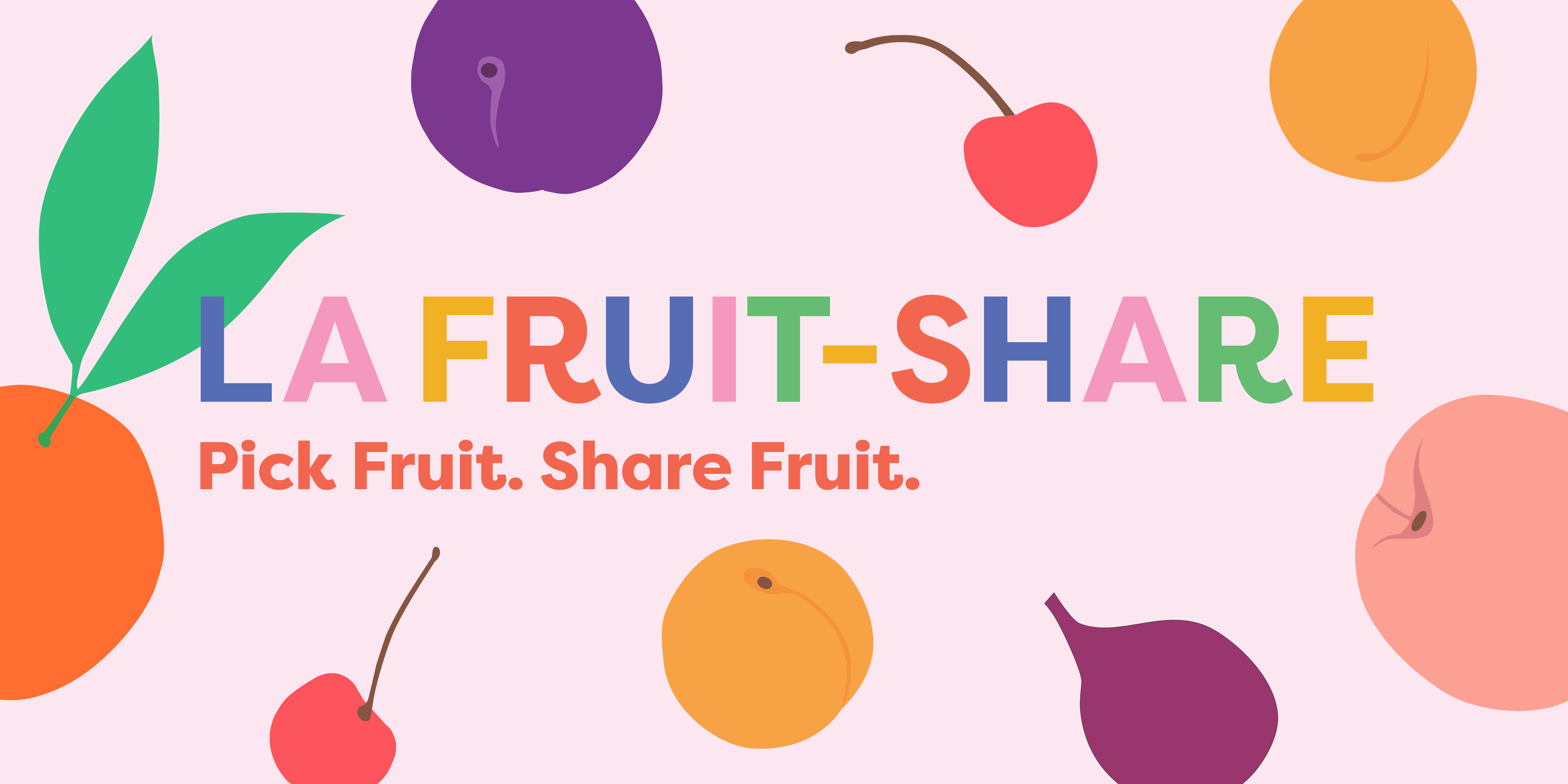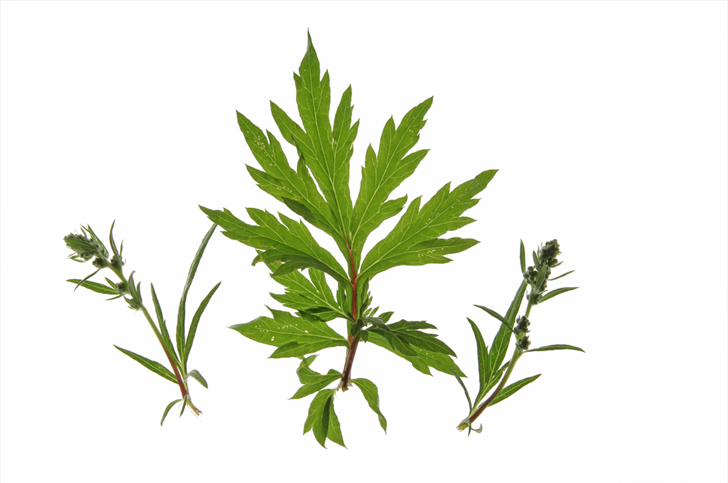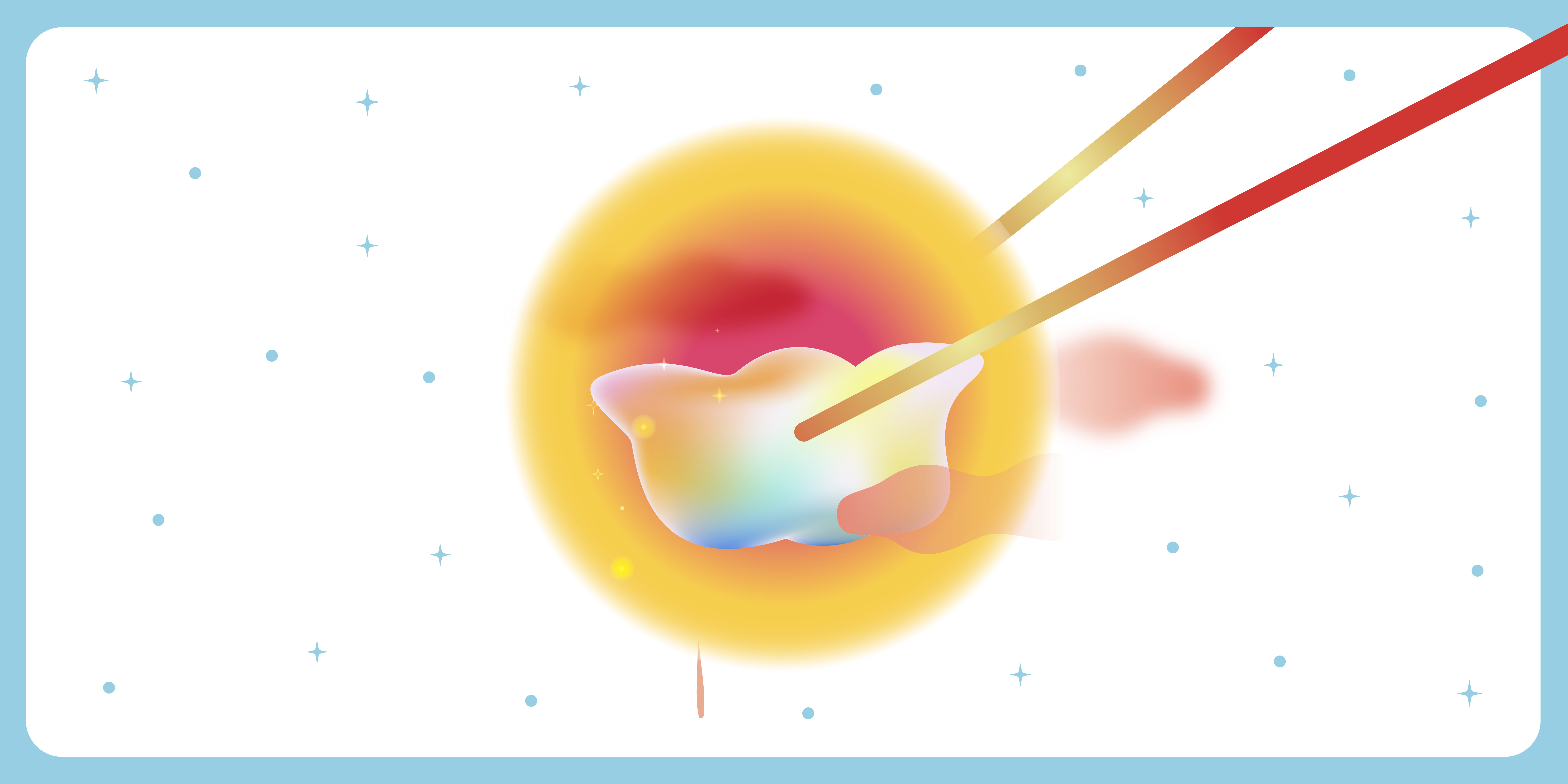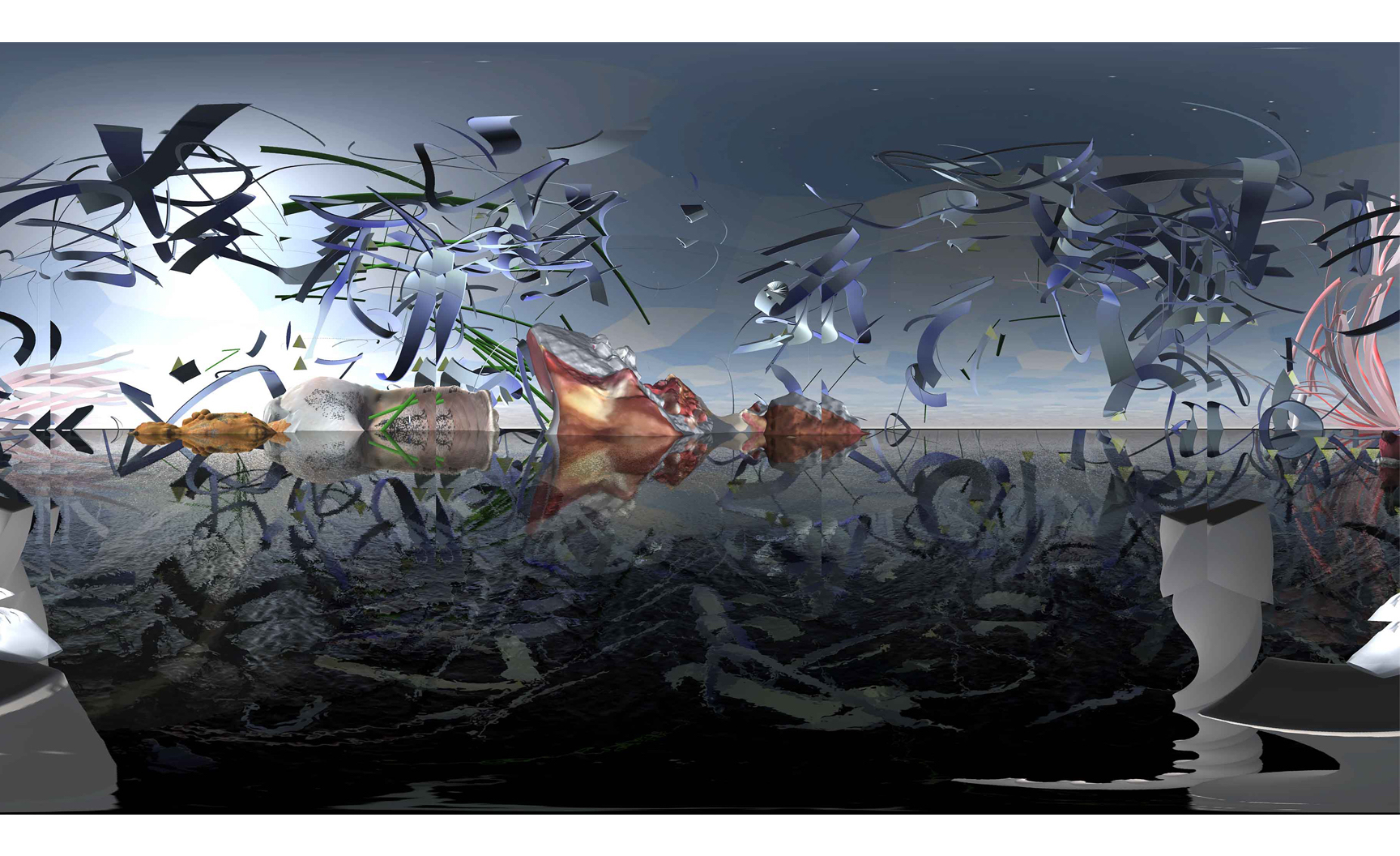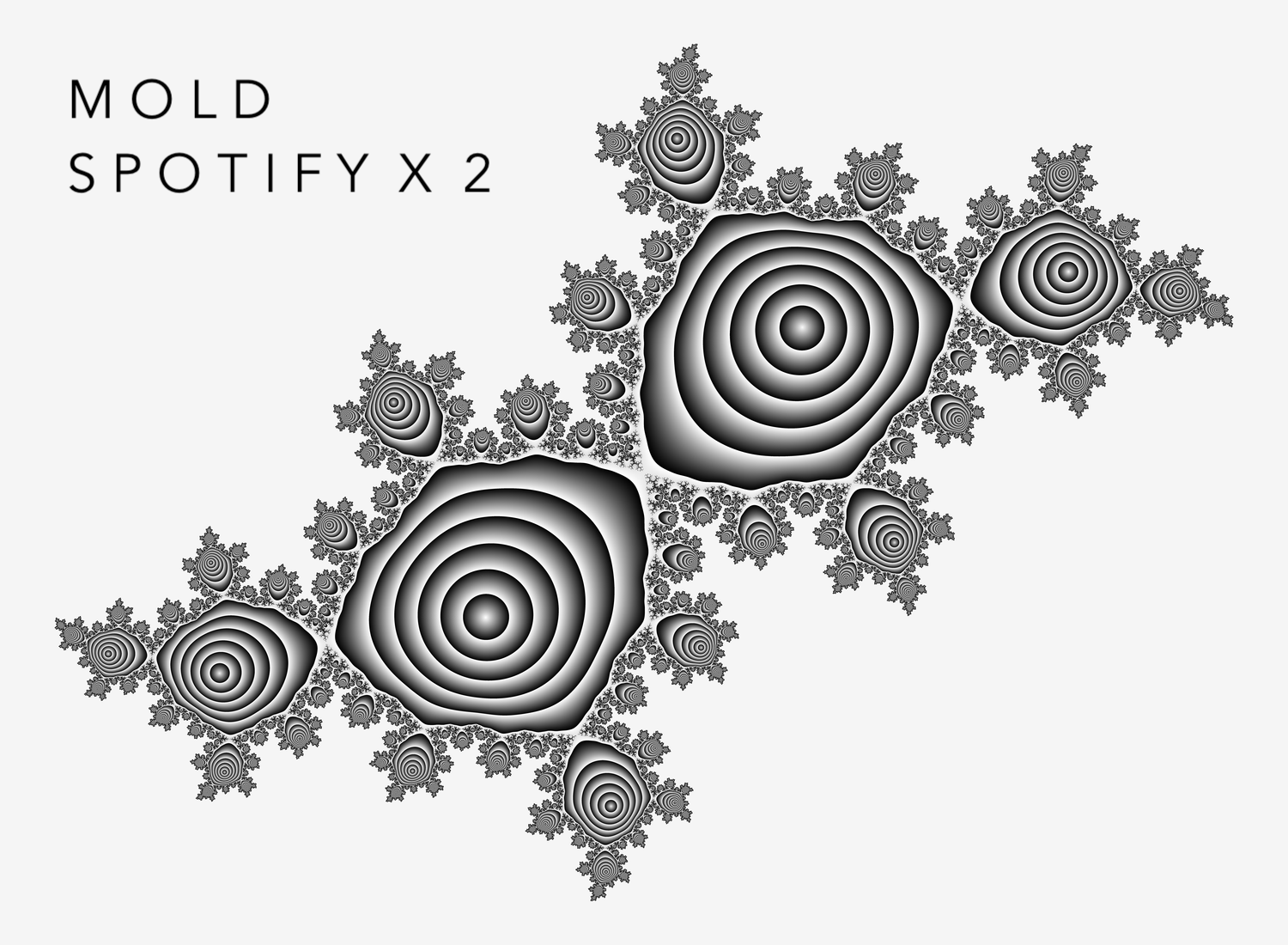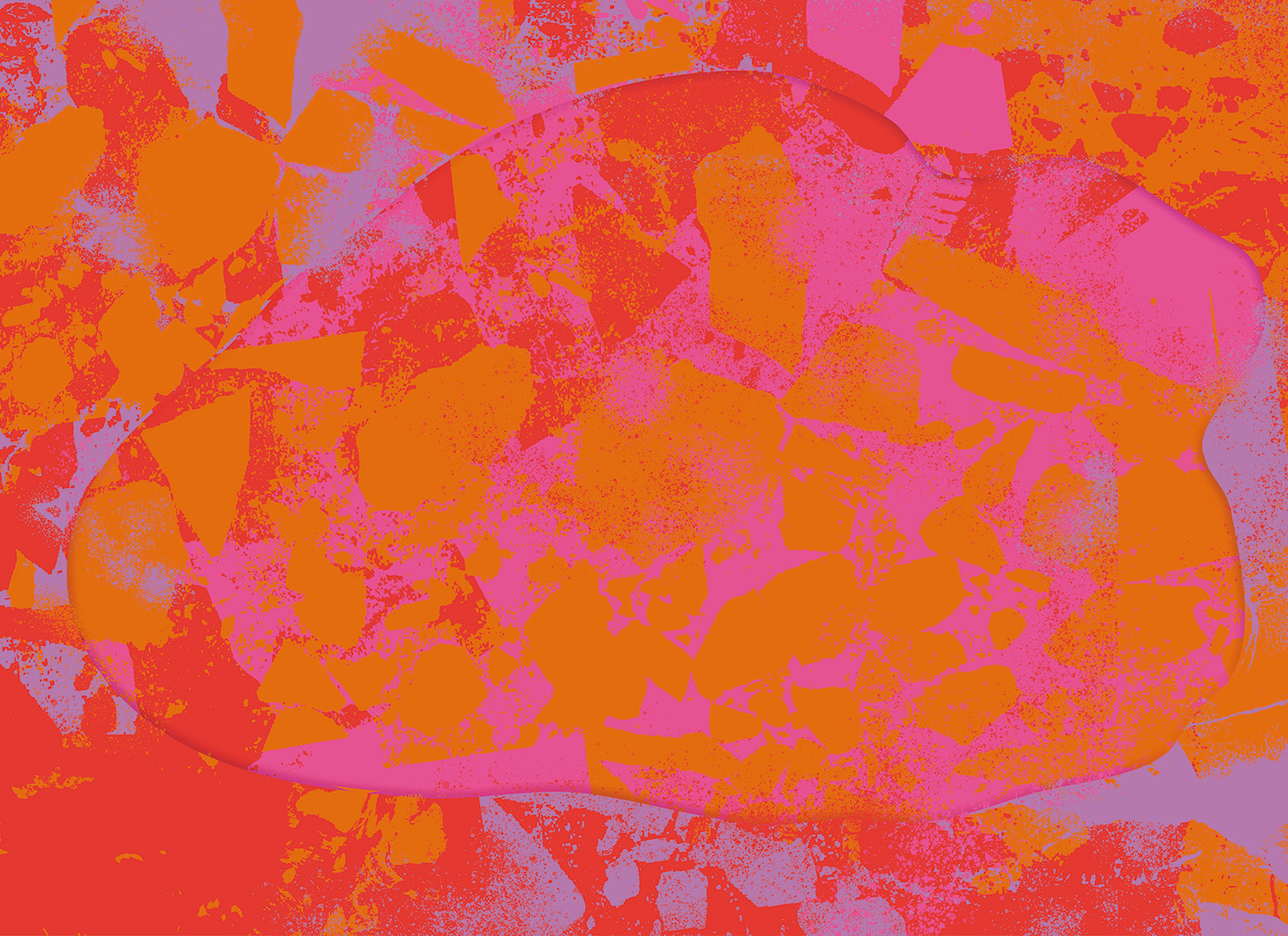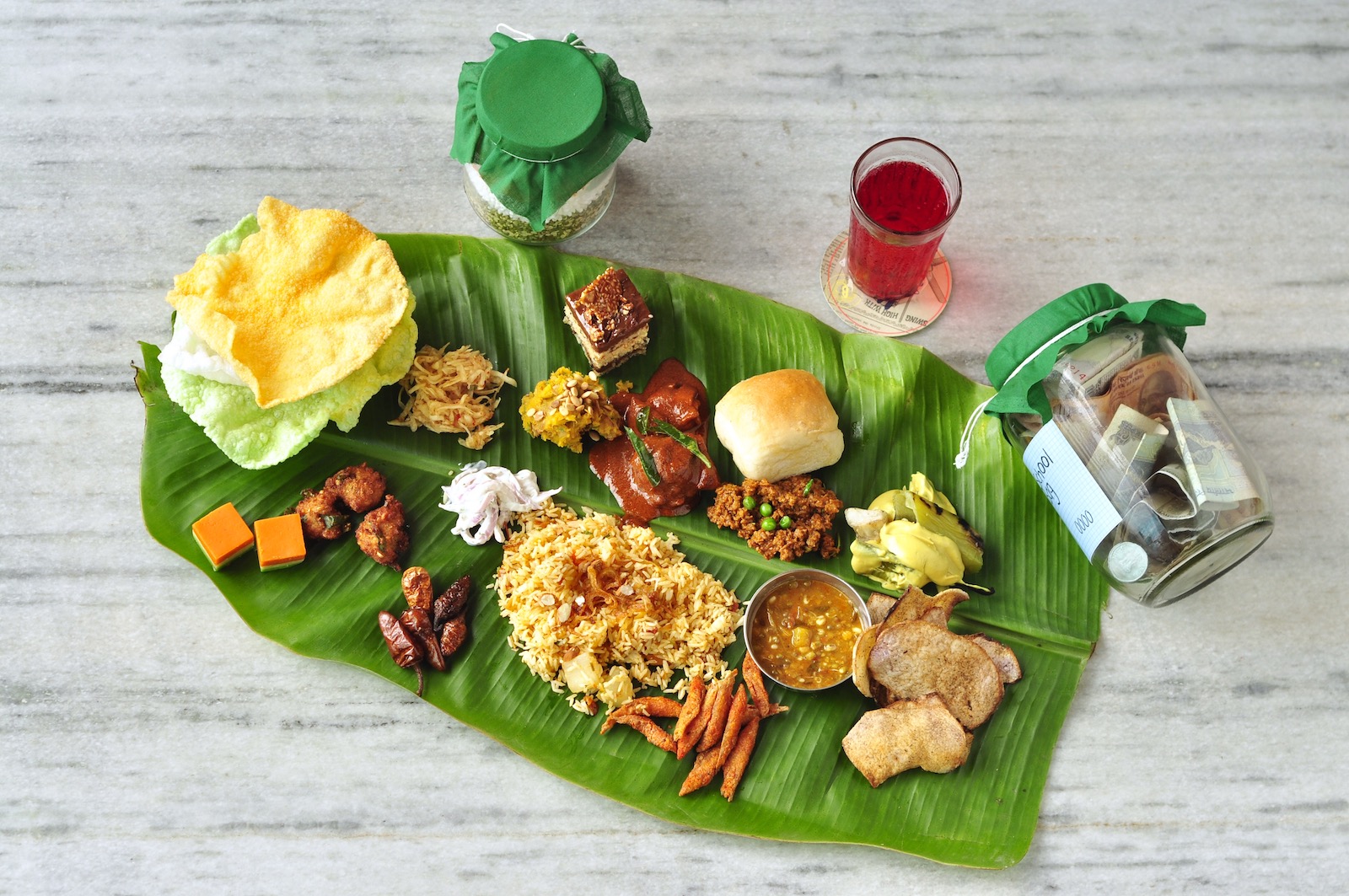Language is complicated. Its materiality, its musicality, the outside and the within of the structure of language alone can distract from everyday anxieties. A picture may be worth a thousand words, but a lone word can change histories, and has. Words do not sit still. Etymological fallacy dictates that a word can only mean exactly what its component roots indicate.
If so, what is a vegetarian in India?
To reiterate, India is most definitely not a vegetarian country, contrary to every popular myth perpetuated over the Internet. Sure, the number of vegetarians here is higher than the population of some countries, but then this is one big country, with the second largest population in the world. Like the snake charmers and elephants narrative that is awash in the India as a Third World Country narrative, not a lot of people here follow an Instagram yogi diet.

I was raised a vegetarian. Apart from a brief detour one year in high school, where chicken was a favorite dish, I remain a vegetarian. This word is a very loaded word in this country. What does it imply if you are a vegetarian in India? Firstly, let’s keep apart the trendy eaters who might be vegetarian for reasons of fashion and/or health. An average vegetarian comes with the baggage of a certain class and a certain caste and religion. These are lifelong markers—all a result of the accident of birth—determining not just what and how one will eat, but also the level of accessibility to education, healthcare and quality of employment. Under the days of the present ruling government, if one is born into a wrong caste, one is very likely to be murdered by frenzied mobs fed on irrational ideas of the holiness of the cow. Cows are truly safer here than women or religious, sexual minorities.
Being a vegetarian in India marks you. Again, a vegetarian here is understood as one of three kinds—one who will eat eggs in their direct form: boiled, poached, in omelettes, etc., one who will not eat eggs in their direct form but will consume in the form of French Toast, cakes and cookies, etc., and one who will not eat egg, in any form, period. Vegans are an elite ultra-minor population.
Within my social circle where two—just two—are fellow vegetarians, I live amidst people that love meat. We are all liberals, to various degrees. Everyone cooks like a pro and meals being really, the essential act of life, everyone meets over food. To make for me something vegetarian—always prepared as a lazy afterthought—invariably brings up a discussion over my reasons for not eating meat.
“Why are you a vegetarian?” ask old friends, trying hard to get it, me. I dig myself a deeper hole when I don’t hide behind a religion. I have been an atheist, and for years have actively distanced myself from the tenets of the religion I was born into. A caste that I do not follow does not stop me from eating meat. “Is it a matter of taste?” No, I have tasted meat of various kind, found some delectable, others not so much, exactly as with vegetables. “Is it for ethical reasons?” While I am, of course, against animal cruelty and do not support the industrialized meat industry, there is also an ecosystem that is dependent on people eating meat that one cannot ignore. “Is it social conditioning, the result of being brought up so? “Not really, for my liberal parents never imposed such ideas.

When it is not a matter of ethics, caste or taste, I do not have an answer for why I am a vegetarian. It is a question a lot of us grapple with, wrapped though we are in cloaks of privilege that allows us the agency to even contemplate these things. In the India of today, food is no longer an individual, personal choice, but so political an issue as to be a matter of literal life and death.
A woman who has chosen to not bring a child into the world is treated as an anomaly, a freak, something to be hidden away, ignored, derided and judged so as to prevent her from afflicting the conditions of individual choice and agency upon her sisters. Perfect strangers and casual acquaintances see no problem in questioning her very personal choices. In liberal India, where eating meat is an important way to show you are a true liberal in certain circles, being vegetarian invites the same sentiments as a woman with choice.
I do not have justifications, excuses and reasons for either of the above choices I’ve made, it is personal. But with certain words in every language, the personal becomes intensely political.
